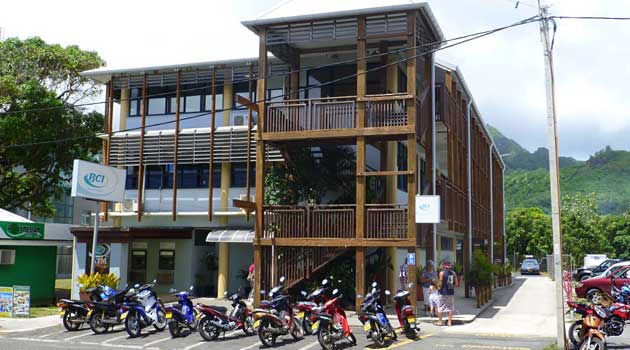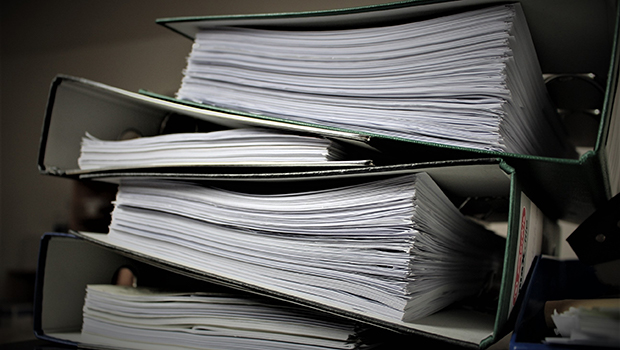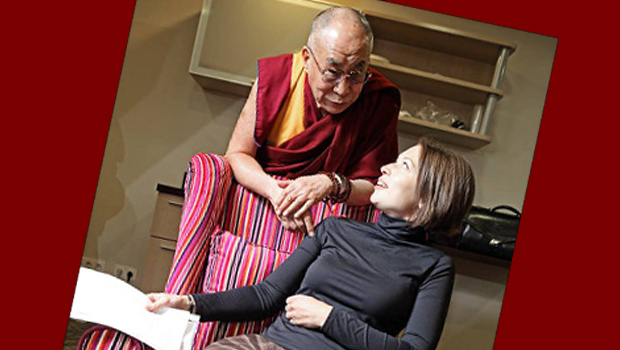The first nonprofit investigative reporting center has just been set up in Italy. Long-time ICIJ member Leo Sisti explains how it all came about and what lessons might be there for reporters in other countries.
Where did the idea come from?
For years, I had been attending international journalism conferences around the world without ever bumping into a fellow Italian. That changed in October 2011 at the Global Investigative Journalism Conference in Kiev. I met not one but five fellow Italians – Guia Baggi, Cecilia Anesi, Alessia Cerantola, Giulio Rubino and Lorenzo Bodrero. That was where the idea was born. Nine months later, on a hot day in late July 2012, we sat down in a café in Rome and signed the papers for our new non-profit organization. By then we had three other founders: Cecilia Ferrara, Guido Romeo and Mara Monti.
We finally launched in January.
What were the early decisions you faced?
It was not easy to conceive of the right form for investigative journalism in the Italian context. We face similar issues that others face. Our newsrooms are shrinking day after day. But every country has it own peculiarities – and none more so than Italy, where there is no history of investigative reporting outside the traditional media.
Most of those who joined this adventure are freelancers, working here and there, without any contracts or guaranteed salary. So the first issue we faced was defining what type of association we wanted to establish. Did we want a nonprofit association? Or was it better to set up a for-profit entity?
When we realized that most international foundations that fund journalism provide grants only to ‘nonprofit’ organizations, we went ahead and formed a nonprofit.
So you propose to fund your projects through grants?
We intend to have several sources of revenue. The first is to ask for financial support from members. Any journalist can apply to be a member but we have set up a selection process to ensure new members share our philosophy and approach. Other sources of funding will be from grants offered by leading international foundations, from competitions and from crowd-funding. We have already secured funding for an investigative project from an international foundation, and we hope to secure further funding for other projects.
How did you choose your name, the Investigative Reporting Project Italy?
We collectively decided that Investigative Reporting Project Italy was a much stronger name than the more obvious ‘Association’. The debate about a new logo was more intriguing. The two choices were the world on the background of a typewriting machine or a typewriting machine on the background of the world? In the end, the majority chose an old typewriting machine in the foreground and every letter of the acronym IRPI printed in red.
What are the criteria for your stories?
The kinds of stories we will mainly work on are those typical to ‘muckrakers’. In this sense, our country is full of opportunities for reporters. Italy, it’s a known fact, is doomed from corruption and tax evasion. So we’ll stick our noses exactly where problems spring from. We are ready to expose a country wrecked by patronage. We will dig into the dirty businesses of corrupt politicians, the Italian mafias and their numerous ‘branches’. But IRPI will cover other issues too, such as Islamic terrorism or environmental crimes. IRPI won’t restrict itself to national borders. We will cross them, with the help and collaboration of similar organizations and reporters in other countries.
Why was it important for you to seek the backing and support from prominent journalists with international reputations?
We felt we needed a frame of internationally renowned honorary members, who can help and advise our nine-person board. They include Charles Lewis, the founder of The Center for Public Integrity and its offshoot ICIJ, who recruited me in the year 2000; David Leigh, the investigations editor of The Guardian, and a fellow ICIJ member; Mark Lee Hunter, an American writer and award-winning reporter, now professor at the Insead in Paris; Milena Gabanelli, Italian anchor woman of ‘Report’, the best investigative TV show of the Italian public television station, RAI; Serena Tinari, an Italian journalist, awarded at the GIJC in Kiev, and running a TV program for RSI, the Swiss public channel in Italian language.
These are all people with great reputations and we felt it would help to have them lend their names to the project. They are the type of reporters we admire and that sets the tone for what we wish to achieve with our own work.




